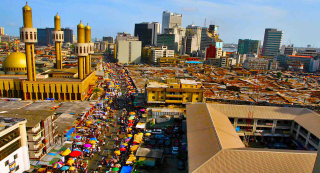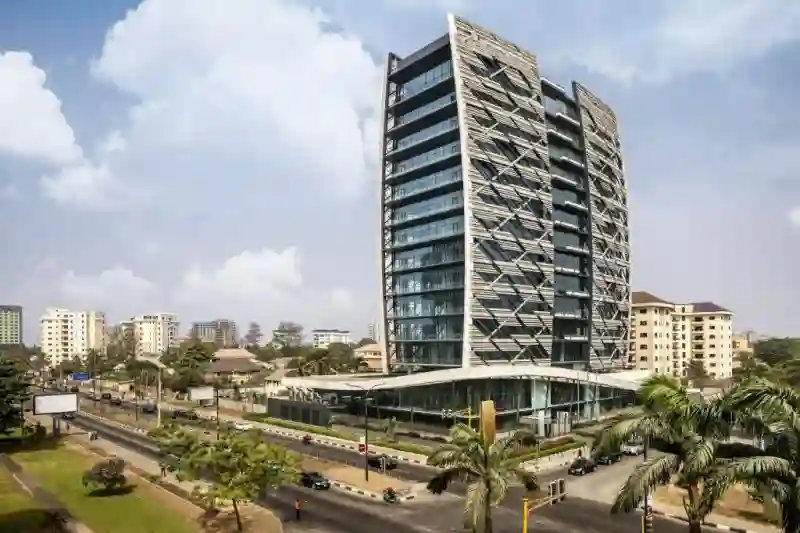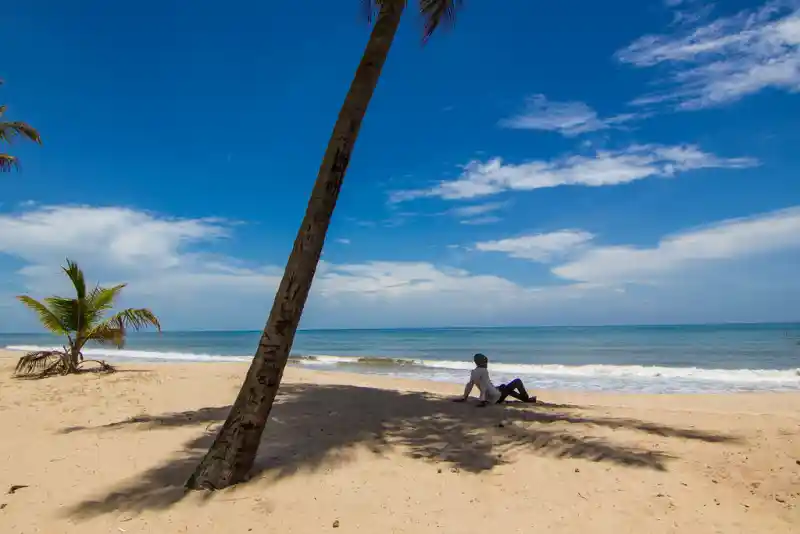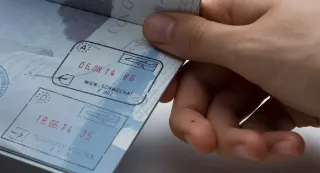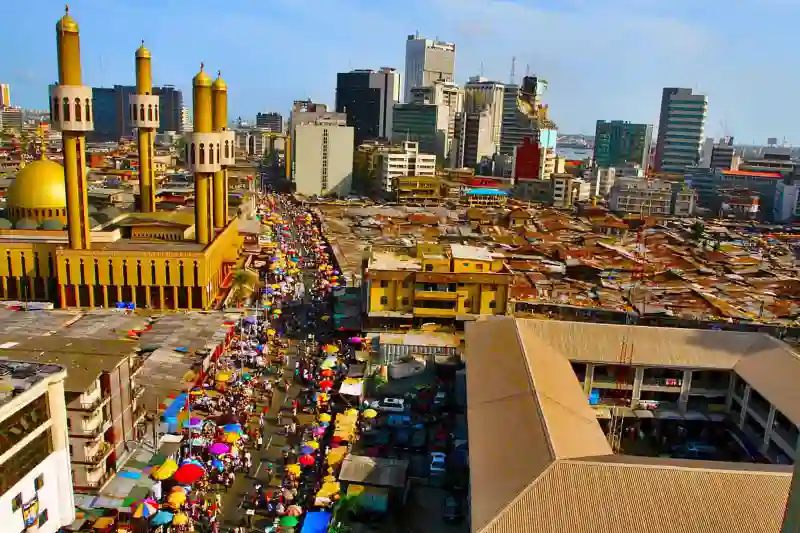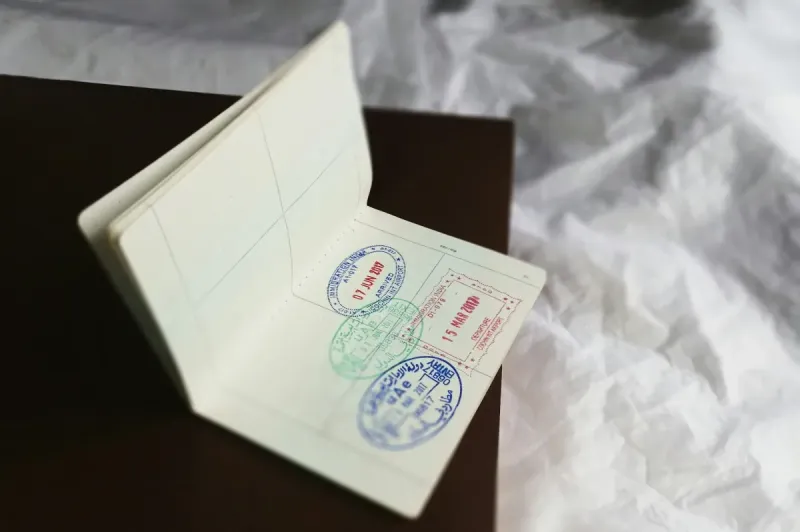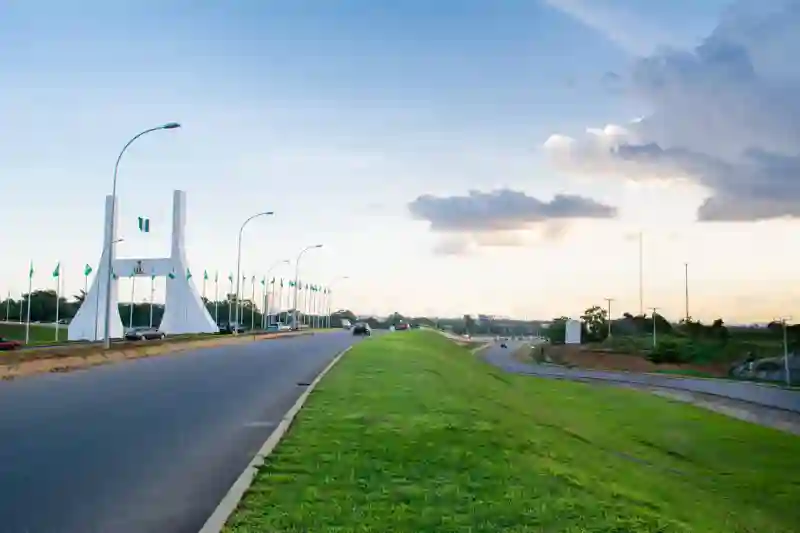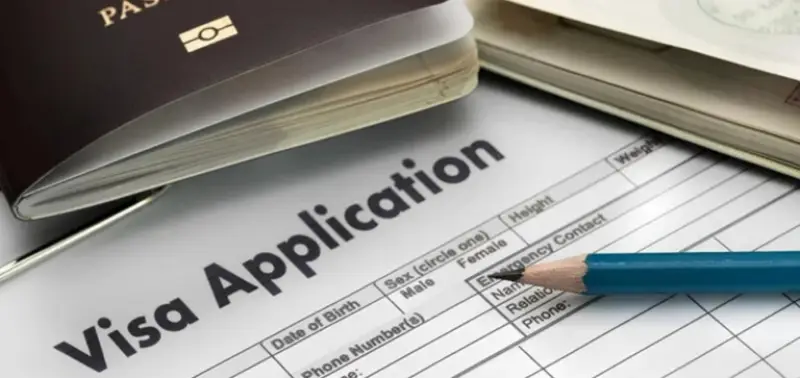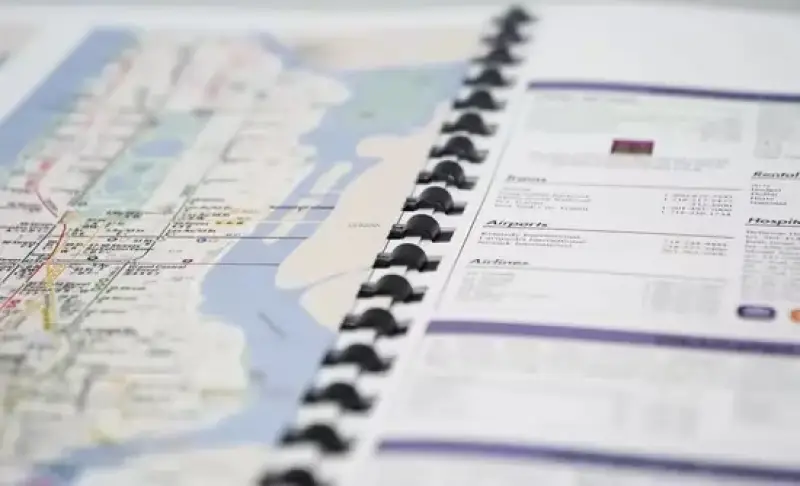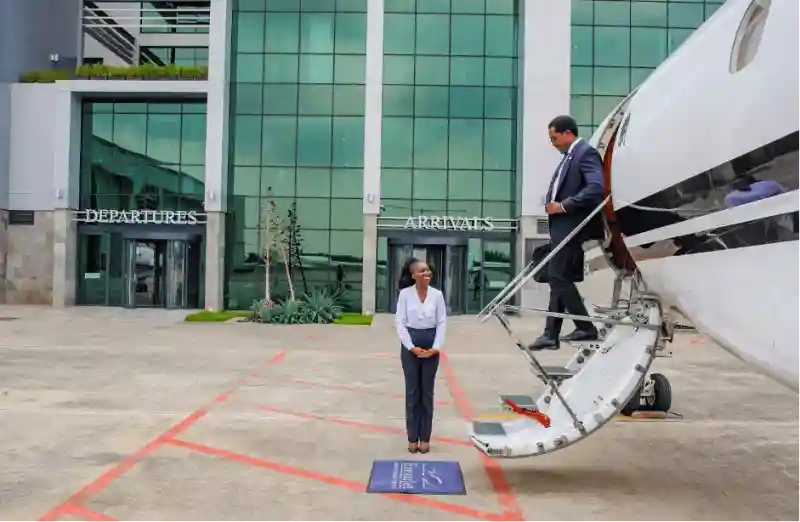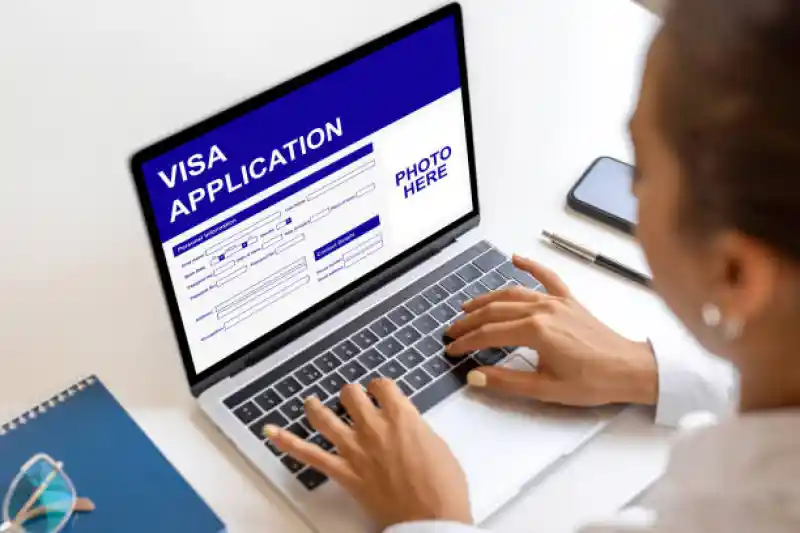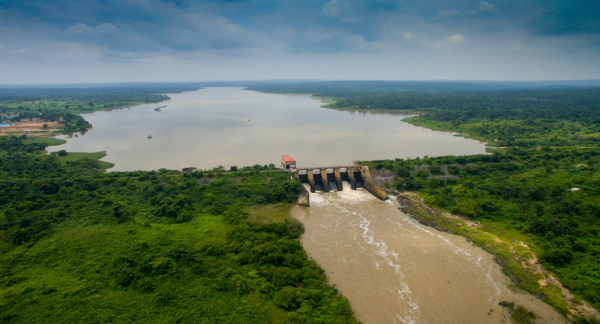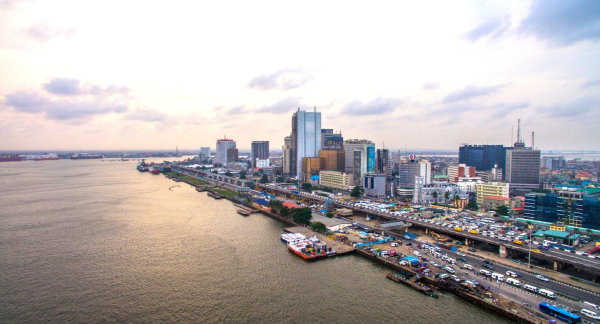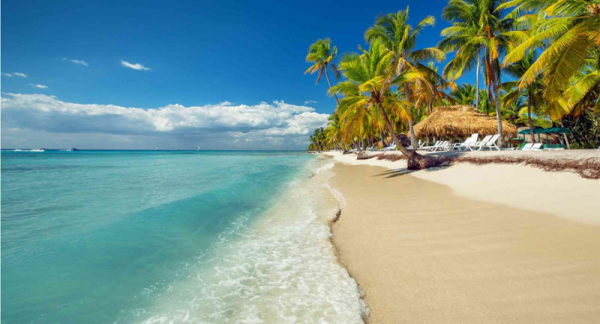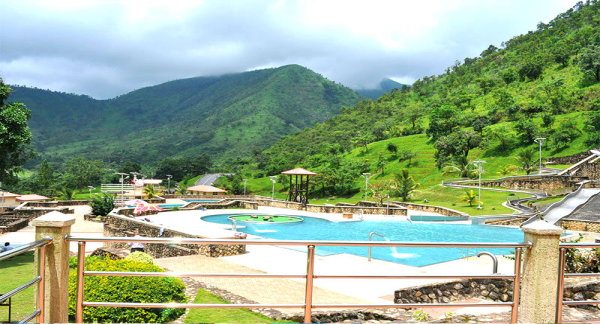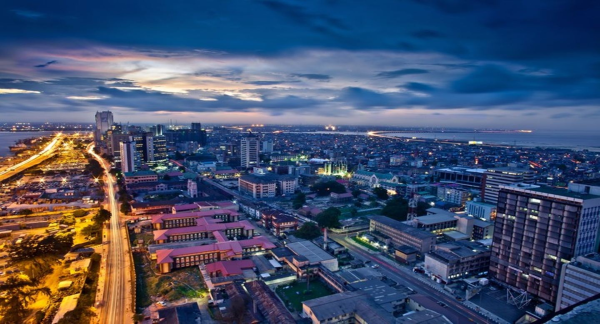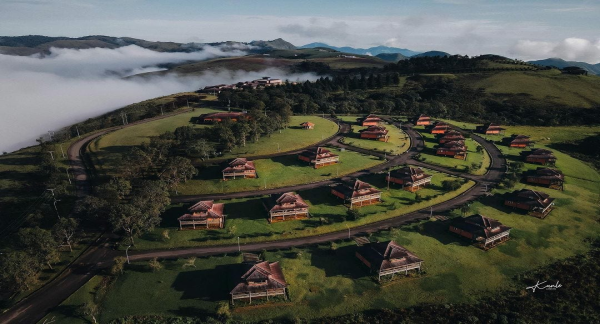Key Information About the Nigeria Visa
Planning a trip to Nigeria? You're in for an incredible experience! From the vibrant markets of Lagos to the historic walls of Kano, Nigeria offers a fascinating blend of modern African energy and rich cultural heritage. But before you can explore West Africa's most populous nation, there's one crucial step you need to handle: securing your Nigerian visa. If you’re planning a trip to Nigeria, start your application via our Nigeria visa service page.
Understanding Nigeria visa requirements might seem challenging at first, but don't worry – we've got you covered. Whether you're heading to Nigeria for business opportunities in Abuja, studying at a Nigerian university, or exploring the country's diverse landscapes, having the right visa is your key to entering this dynamic nation.
The Nigeria visa application process has recently been modernized, with most applications now handled through an online portal. This has made things more streamlined, but it's still important to understand exactly what's required before you start. You might be wondering, "Do you need a visa to go to Nigeria?" Well, unlike some countries that offer visa-on-arrival for many nationalities, Nigeria generally requires most visitors to obtain their visa before departure.
Who needs a visa? Generally, you'll need one if you're:
- Coming for tourism or business purposes
- Planning to study at Nigerian institutions
- Engaging in work or professional activities
- Visiting family or friends
- Not a citizen of an ECOWAS member state
The good news is that Nigeria's visa system, while thorough, is well-structured. Once you understand the basic requirements and have all your documents in order, the process typically moves forward smoothly. Nigerian authorities have worked to modernize their system in recent years, making it more accessible for international visitors.
In this comprehensive guide, we'll walk you through everything you need to know about getting your Nigerian visa – from choosing the right visa type to gathering your documents and submitting a successful application. We'll also cover recent changes in visa policies and special considerations that might affect your application.
Let's break down each type of Nigerian visa so you can understand exactly which one fits your needs. Nigeria's visa system is unique, with several categories designed for specific purposes and lengths of stay. Understanding these types will help you choose the right one for your journey.
Tourist Visa (STR)
The Nigeria tourist visa, officially called Subject to Regularization (STR) Visa, is designed for leisure travelers and remains valid for up to 90 days. You can choose between single or multiple entry options, depending on your travel plans. This visa is perfect for holiday travel, family visits, tourism activities, and cultural exploration. You'll need to provide a letter of invitation from a Nigerian host, hotel reservations, a return flight ticket, and proof that you have sufficient funds to support your stay.
Business Visa (STR)
This is one of the most common types of Nigeria visa for professional visitors, typically valid for 90 days with the possibility of extension while in Nigeria. It's specifically designed for those attending business meetings, conferences, conducting market research, or engaging in contract negotiations. The application requires a business invitation letter from a Nigerian company, along with company registration documents and a letter from your employer detailing your business purpose.
Temporary Work Permit (TWP)
The TWP is essential for short-term professional engagements, valid for a maximum of 90 days and non-renewable. This visa serves professionals coming for short-term consultancy, technical support work, emergency repairs, or training programs. You'll need approval from the Nigerian Immigration Service, along with your employment contract and educational qualifications. Remember that you must exit Nigeria when this visa expires, as it cannot be extended.
Subject to Regularization (STR) Employment
This visa category is designed for long-term work opportunities, with an initial validity of 90 days. What makes it unique is that it must be converted to a residence permit after arrival. It's necessary for long-term employment, contract work extending beyond 90 days, and corporate assignments. After arrival, you'll need to obtain a CERPAC (residence permit) and provide extensive documentation including work permit approval and professional qualifications.
Permanent Residence
Permanent residence visas are available to those with strong ties to Nigeria, offering indefinite validity. This option is primarily for foreign spouses of Nigerians, skilled professionals who have lived in Nigeria for over 20 years, major investors, and retiring residents. The application process is rigorous, requiring proof of long-term residency, financial stability, a clean criminal record, and evidence of integration into Nigerian society.
Important Processing Considerations
Standard processing typically takes 5-7 working days, though express services are available for an additional fee, reducing the wait to 48-72 hours. Emergency processing within 24 hours exists but has limited availability and strict qualification criteria.
General Requirements
Every visa application requires a valid passport with at least six months of validity remaining. You'll need to complete the online application form, provide recent passport photographs, and demonstrate your financial means to support your stay. Each visa type also requires specific supporting documentation related to your purpose of visit.
Remember that your chosen visa type must match your actual activities in Nigeria. Engaging in activities not permitted by your visa type can result in serious consequences, including deportation and future travel restrictions. When selecting your visa category, consider your length of intended stay, primary purpose of visit, potential need for extensions, and future travel plans to Nigeria.
While these requirements might seem extensive, they're designed to ensure all visitors have legitimate purposes for entering Nigeria and can support themselves during their stay. Taking time to understand and prepare for the right visa type will save you considerable time and potential complications later. When in doubt, consult with the Nigerian embassy or a reputable visa service for clarification on which type best suits your needs.
Navigating the Nigeria Visa Process
Planning a trip to Nigeria? Whether you're visiting for business, work, study, or leisure, it's crucial to understand the visa requirements. If you're traveling for professional purposes, the Nigeria Business Visa: Requirements & Application Process outlines the necessary documents and eligibility criteria. Meanwhile, individuals seeking employment must follow the steps outlined in the Nigeria Work Visa: Eligibility, Process & Requirements to ensure a smooth application.
For students planning to pursue education in Nigeria, the Nigeria Student Visa – How to Apply for a Study Visa provides all the essential details, including financial proof and sponsorship requirements. If your stay in Nigeria extends beyond the initial visa validity, you’ll need to understand the process for Extending Your Stay in Nigeria – Visa Renewal & Overstaying Consequences to avoid penalties.
Essential Visa Information for Travelers
Before applying, make sure to review the Nigeria Visa Photo Requirements – Size, Format & Guidelines, as incorrect photos can lead to delays or rejections. Additionally, travelers should familiarize themselves with the Nigeria Visa for Minors & Traveling with Children guidelines, especially if accompanying a child or applying on their behalf.
After submitting an application, it’s important to Check Your Nigeria Visa Status Online to track processing updates and ensure there are no missing documents. Many applicants face issues due to errors in their submissions, which is why reviewing the Common Mistakes to Avoid in Your Nigeria Visa Application can help increase approval chances.
By staying informed about Nigeria’s visa policies and preparing the required documents in advance, you can ensure a hassle-free entry into the country.
The requirements for entering Nigeria vary significantly based on your passport, with different rules applying to different nationalities. Let's break down these requirements to help you understand exactly what you'll need for your journey to Africa's most populous nation.
For American travelers, the Nigeria visa for US citizens process has specific requirements that need careful attention. U.S. passport holders must obtain a visa before traveling – there's no Nigeria visa on arrival option for tourists or business travelers. Americans seeking a visa for Nigeria from USA need to submit their application through the official online portal, providing a valid passport with at least six months validity, recent photographs, and proof of residence in the United States. You'll also need an invitation letter from a Nigerian host or organization, whether you're traveling for business or tourism.
Evidently, the Nigeria visa for US citizens differs from the experience of citizens of ECOWAS (Economic Community of West African States) member countries. If you're from countries like Ghana, Senegal, or Côte d'Ivoire, you enjoy visa-free entry Nigeria privileges. ECOWAS citizens can enter Nigeria with just a valid passport or travel certificate and stay for up to 90 days. However, if you're planning to work or study, you'll need to register with the Nigerian Immigration Service after arrival. Here is a list of all the Nigeria visa-free countries.
While there's no Nigeria visa on arrival for US citizens, some countries outside ECOWAS also enjoy special privileges when it comes to entering Nigeria. For instance, Kenya and Zimbabwe have bilateral agreements with Nigeria that allow their citizens to obtain visas on arrival, though pre-registration through the online portal is still required. These arrangements can change based on diplomatic relations, so it's essential to verify the current status even if you've traveled to Nigeria before.
Business travelers face additional requirements regardless of nationality. While the basic documentation remains similar, they must provide more extensive proof of their business purposes. This includes an invitation letter from a Nigerian company, evidence of company registration in Nigeria, and a detailed business schedule. Some business travelers might qualify for the visa on arrival program, but this needs to be arranged in advance through a Nigerian business partner.
The duration of stay allowed varies significantly based on both nationality and visa type. While most tourist visas are valid for 90 days, business visas might allow multiple entries over a longer period. It's crucial to check the specific allowances for your nationality and travel purpose, as overstaying can result in significant fines or future travel restrictions.
Special considerations apply to diplomatic and official passport holders. Many countries have agreements with Nigeria that allow holders of diplomatic or service passports to enter without a visa for short stays. However, these privileges are strictly for official business and don't extend to personal travel or commercial activities.
Recent changes in Nigeria's visa policy have introduced new categories and requirements. For example, Nigeria now offers visa on arrival for African Union member states, though this still requires pre-approval through the online system. The country has also introduced special provisions for investors and frequent business travelers, making it easier for them to obtain multiple-entry visas.
Keep in mind that having a valid visa doesn't guarantee entry into Nigeria. The final decision always rests with immigration officers at the port of entry. They may ask for additional documentation, including proof of accommodation, return tickets, and sufficient funds to support your stay. Being well-prepared with all necessary documentation will help ensure a smooth entry process.
Remember that visa requirements can change quickly, often in response to diplomatic relations or public health situations. What was true last year might not be true today. Always verify the current requirements through official channels, such as the Nigerian embassy in your country, before making travel plans. Ensure you meet all Nigeria visa requirements before applying.
If you prefer personalized guidance or find the online application process intimidating, consider a reputable visa agency like VisaTitans.
Agencies offer valuable expertise in navigating the complexities of the Nigerian visa system.
They ensure your application is complete and accurate, track your visa status, and often have established relationships with consular offices that can help streamline the process. Visa agencies typically charge a service fee in addition to the official visa cost.
The process of obtaining a Nigeria visa has been modernized with the introduction of a digital system that allows applicants to apply online through a secure platform. This system includes robust anti-fraud measures implemented to protect both applicants and the Nigerian government. When completing your application, you'll be directed to the portal payment page for visa fee payment, ensuring secure and traceable transactions. It's crucial to provide exactly the address where you'll be staying in Nigeria, as this information is carefully verified.
Documentation requirements vary based on your marital status and travel purpose. While some applicants need to provide a marriage certificate or birth certificate, others, such as those traveling with a diplomatic passport, may have simplified requirements. For business travelers, a valid business permit is essential, demonstrating the legitimacy of commercial activities in Nigeria. The system is particularly streamlined for ECOWAS member state citizens, who can often use their ECOWAS travel certificate instead of traditional visas.
These requirements reflect Nigeria's commitment to balancing accessible travel with security concerns. Whether you're applying for a tourist, business, or permanent residence visa, the online system guides you through specific document requirements based on your situation. For instance, while a business permit might be crucial for commercial visits, those traveling for family reunions might need to focus more on proving their relationships through certificates and supporting documentation. This structured approach ensures that all necessary verifications can be completed while maintaining efficient processing times.
